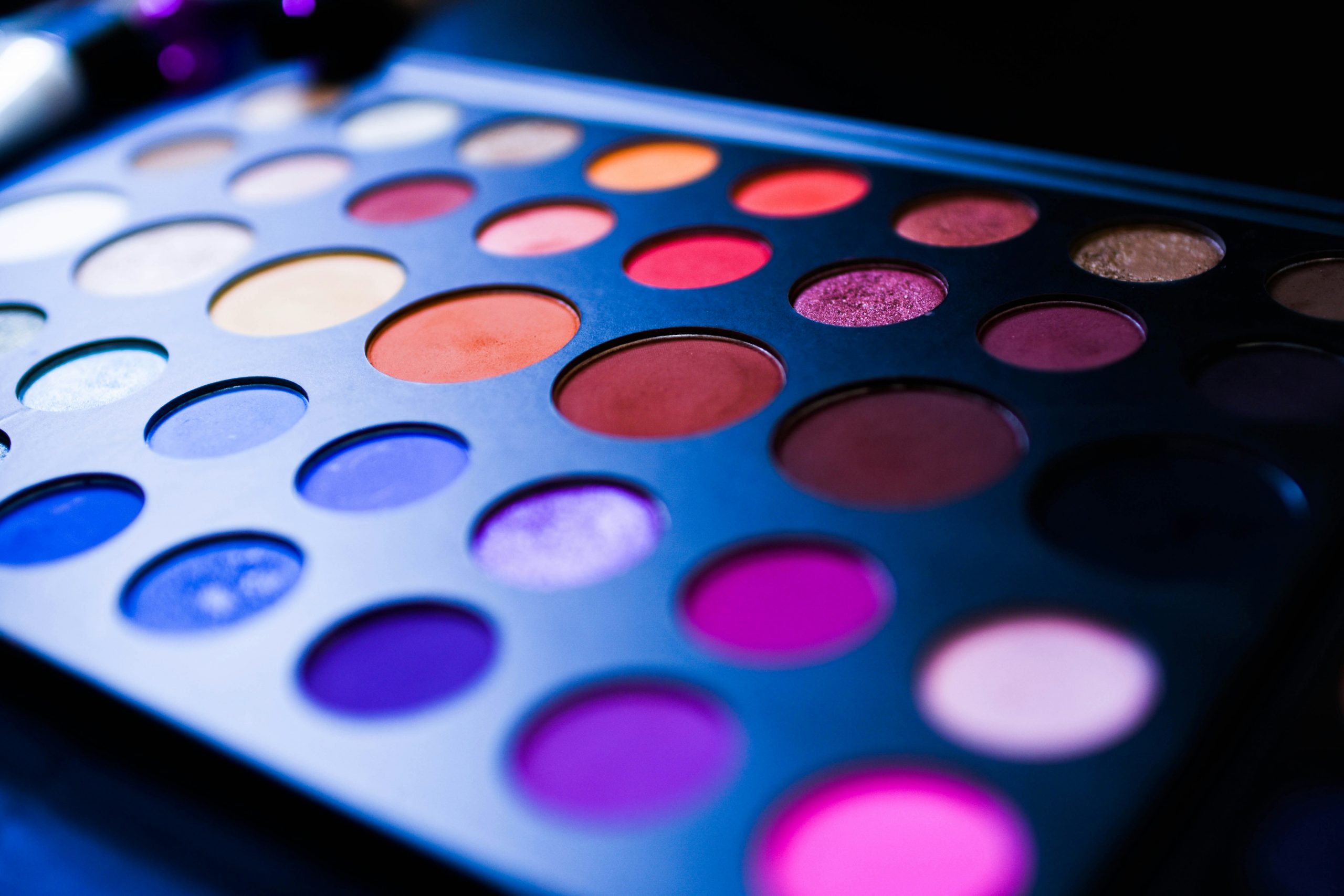Personal care products currently hold the largest share of the halal cosmetics market, accounting for 37.4%, while hair care products are expected to maintain their dominance, according to a new report by Allied Market Research.
The report, titled “Halal Cosmetics Market by Product Type, Application, Distribution Channel: Global Opportunity Analysis and Industry Forecast, 2020-2031,” reveals that the global halal cosmetics market was valued at $30,685.40 million in 2020. It is projected to reach $144,816.10 million by 2031, growing at a CAGR of 15.2% from 2022 to 2031.
The market’s expansion is fueled by the growing global Muslim population and the booming halal market, which now extends to meet the personal and beauty care needs of Muslims.
Halal certification ensures the authenticity of products, aligning with religious principles and boosting market growth.
The market is segmented by product type (personal care, color cosmetics, fragrances), application (hair care, skin care, face care, beauty care), distribution channel (offline, online), and geography (North America, Europe, Asia-Pacific, LAMEA).
Offline channels, including standalone stores and supermarkets, currently dominate sales.
Among product types, the fragrance segment is expected to have the highest CAGR during the forecast period, followed by color cosmetics, which are particularly popular among young Muslim women.
The demand for halal cosmetic products is driven by the increasing purchasing power of the Muslim population and their interest in fashion and makeup that aligns with Islamic values.
Multinational cosmetic companies have significant opportunities in the halal cosmetics market, especially in countries such as Saudi Arabia, Iran, UAE, Malaysia, and Indonesia.
These regions offer potential growth due to their young populations, high disposable incomes, and growing interest in fashion and makeup trends.


